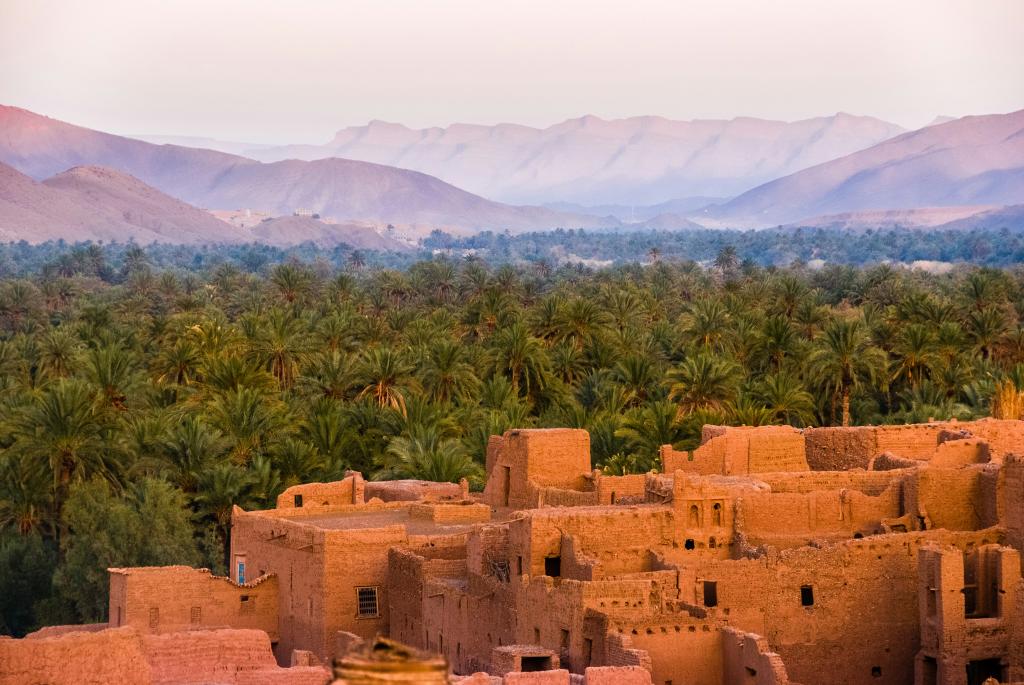In Morocco, the media are picking up the story of Leiden-Delft-Erasmus students. As part of their LDE Thesis Lab, they are conducting research into challenges and opportunities for sustainable horticulture in Morocco. Over the course of ten days, they are engaging with Moroccan farmers as well as representatives from the government and local NGOs, including site visits to farms growing berries, avocados, bananas, and other crops.
The Moroccan NALSYA Foundation for Development, Environment, and Social Work co-coordinated the visit together with Leiden-Delft-Erasmus Centre for Sustainability and the Dutch Honorary Consulate of the Kingdom of the Netherlands in Nador. “It marks a significant milestone in promoting rural development and strengthening international relations in the agricultural and social sectors,” says the Nalsya Foundation.
What you cannot learn from books
Peter van Bodegom, academic coordinator of the Lab for the Leiden-Delft-Erasmus universities, explains: “The site visits help our students gather insights into how farming is practiced here. What methods are being used to organize agriculture and improve sustainability? How do farmers deal with challenges like food security and water scarcity? They hear form local experts how things are handled locally. You can't learn all these things from books."
Transcending the boundaries of your own discipline, listening, and broaden your perspective — that is what the Labs are all about. In this Lab in Morocco, we are taking this literally.
Read more about this Thesis Lab

Students visit Morocan farmers and ngo's
External video URL
